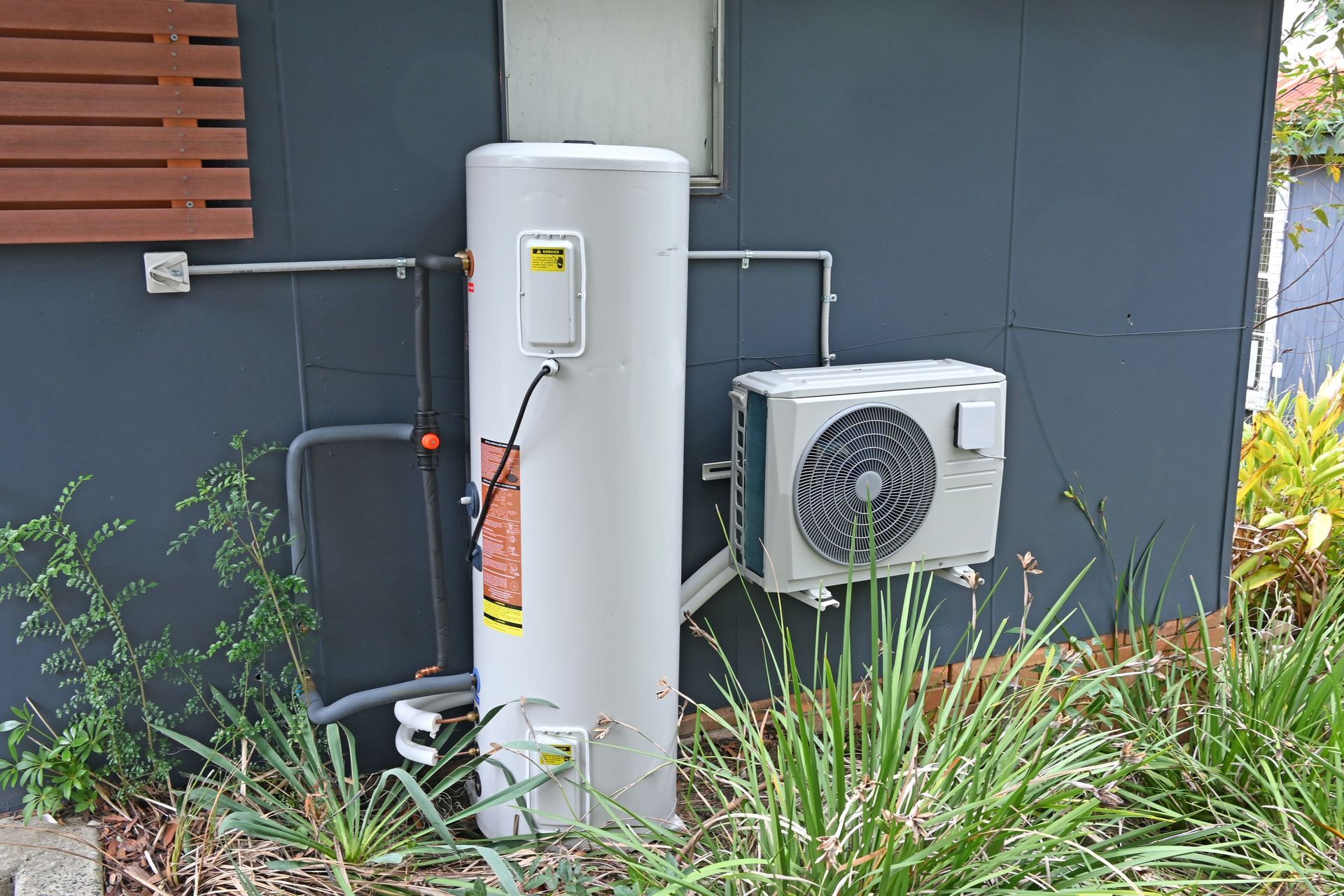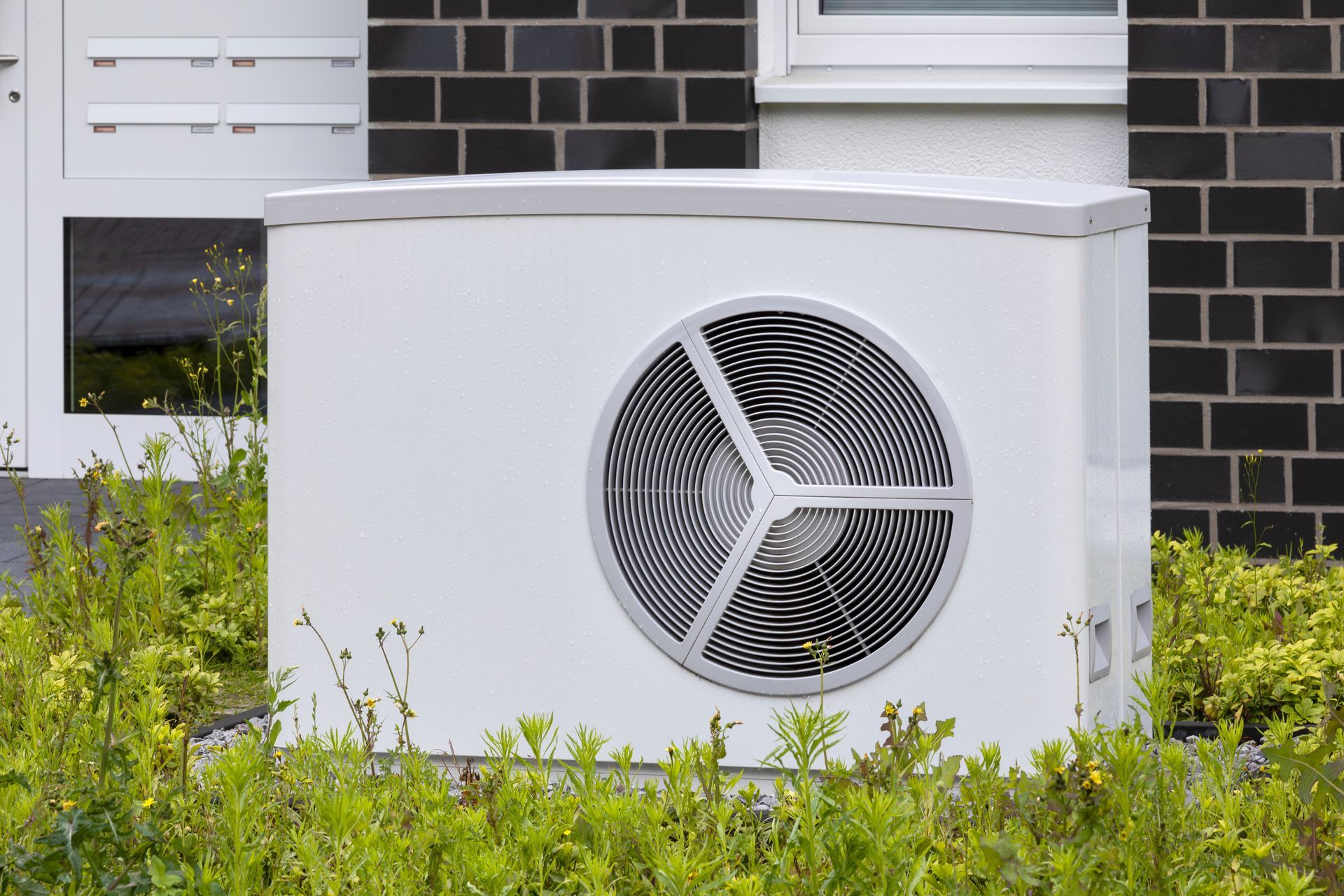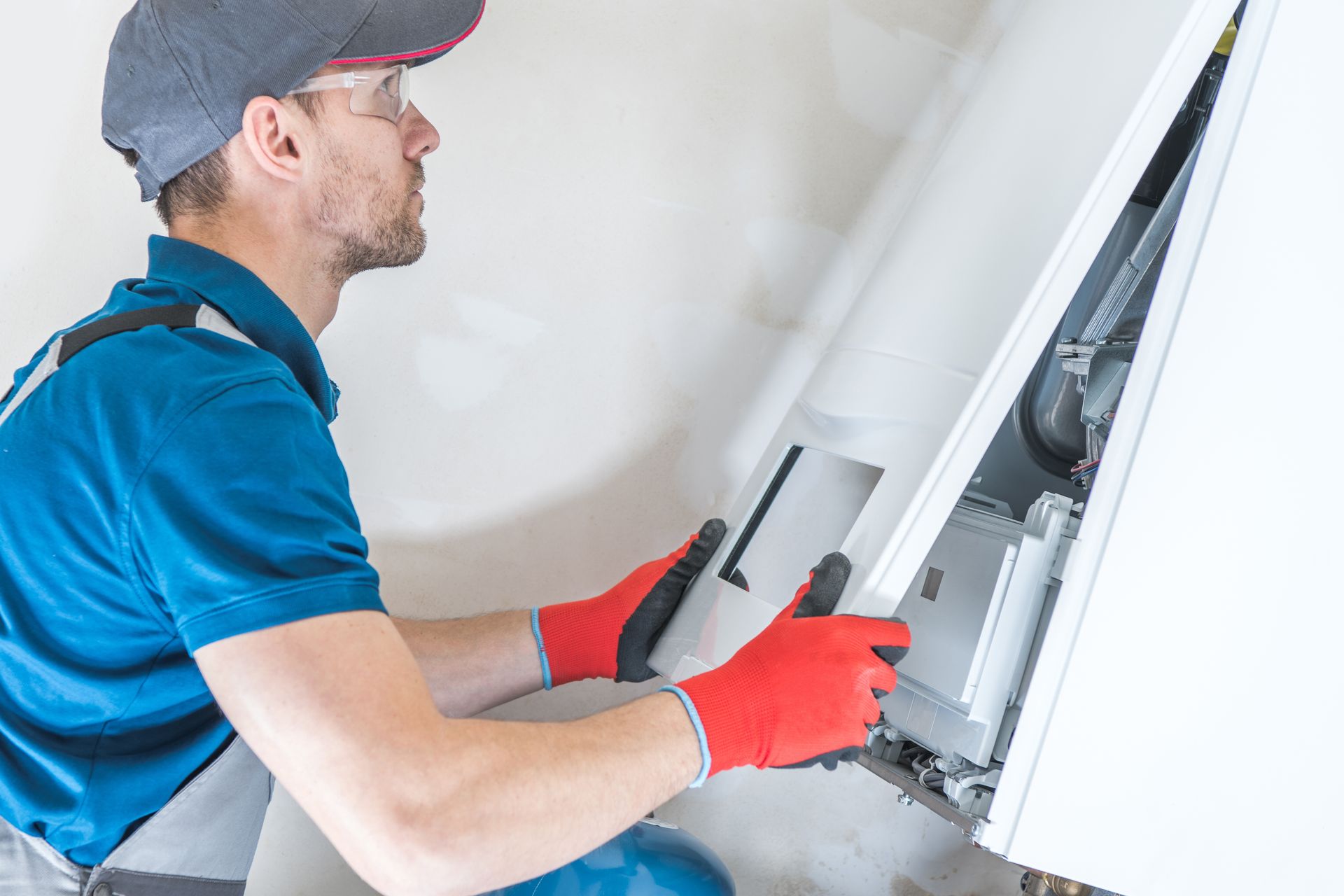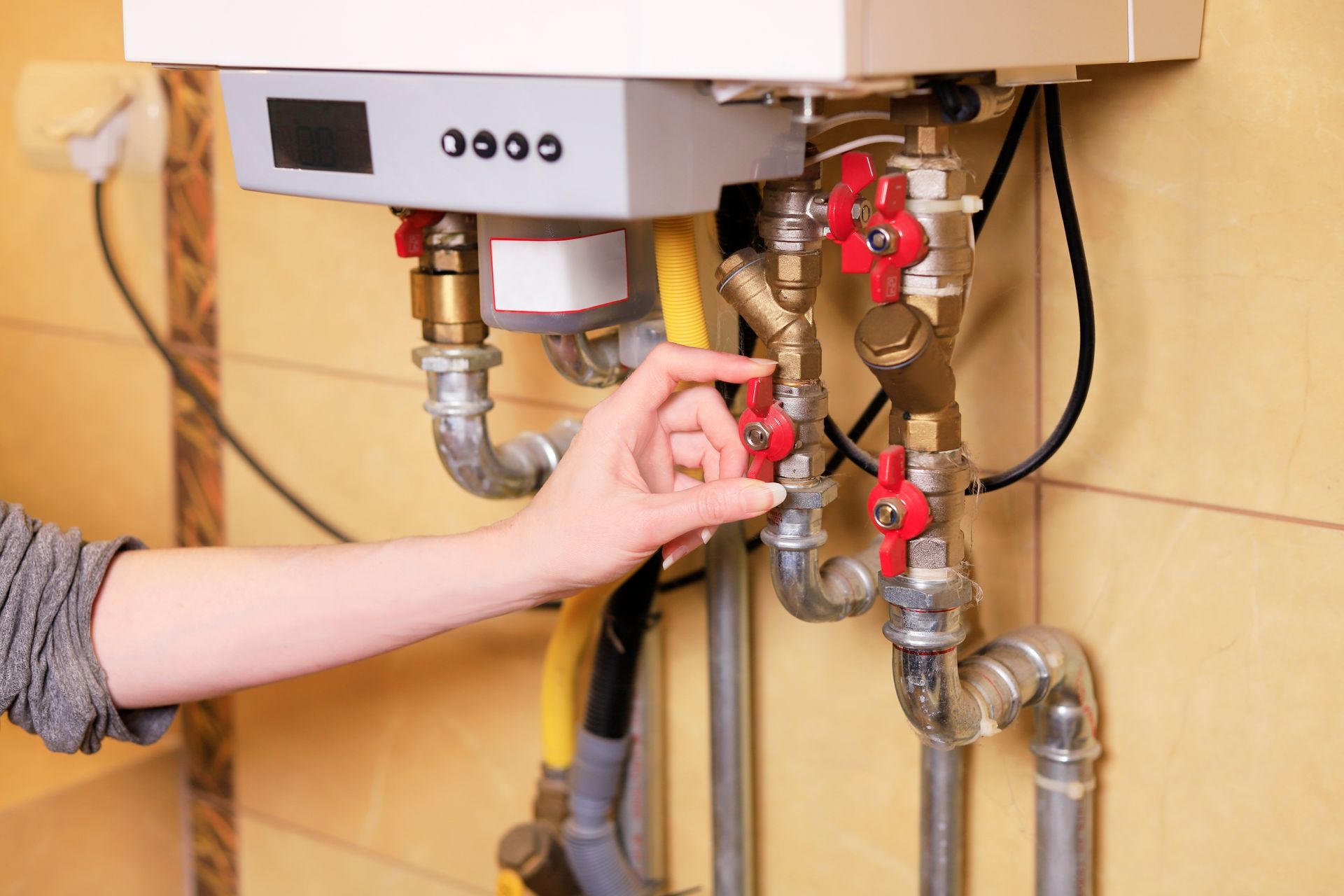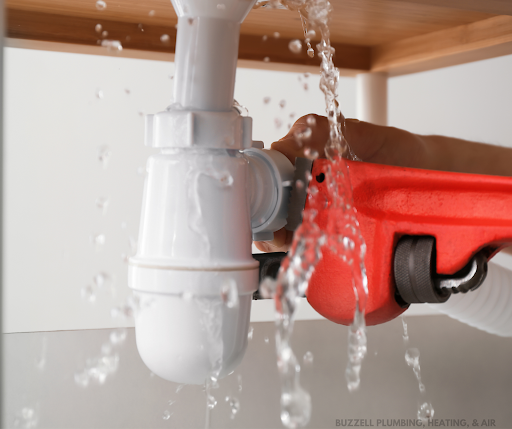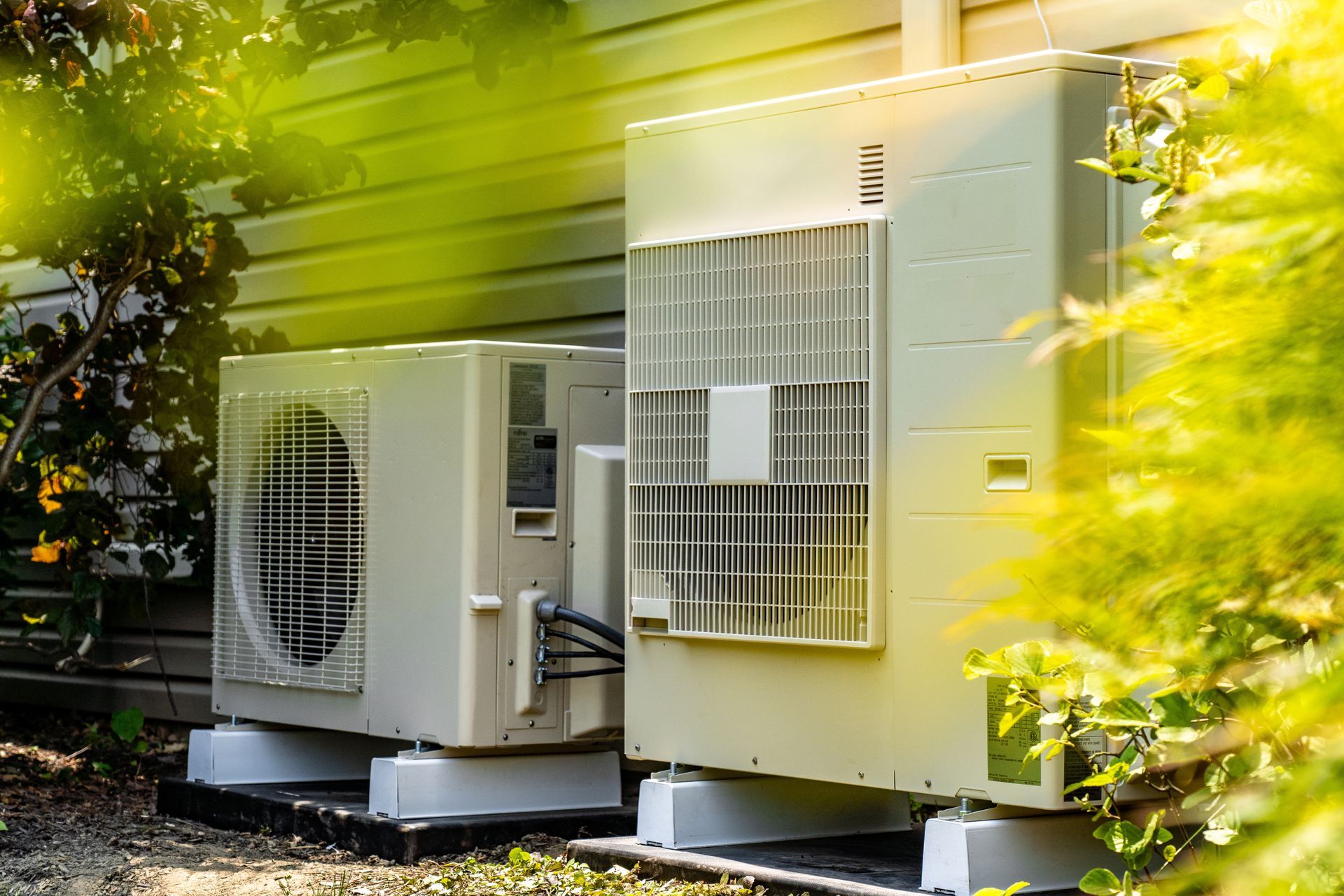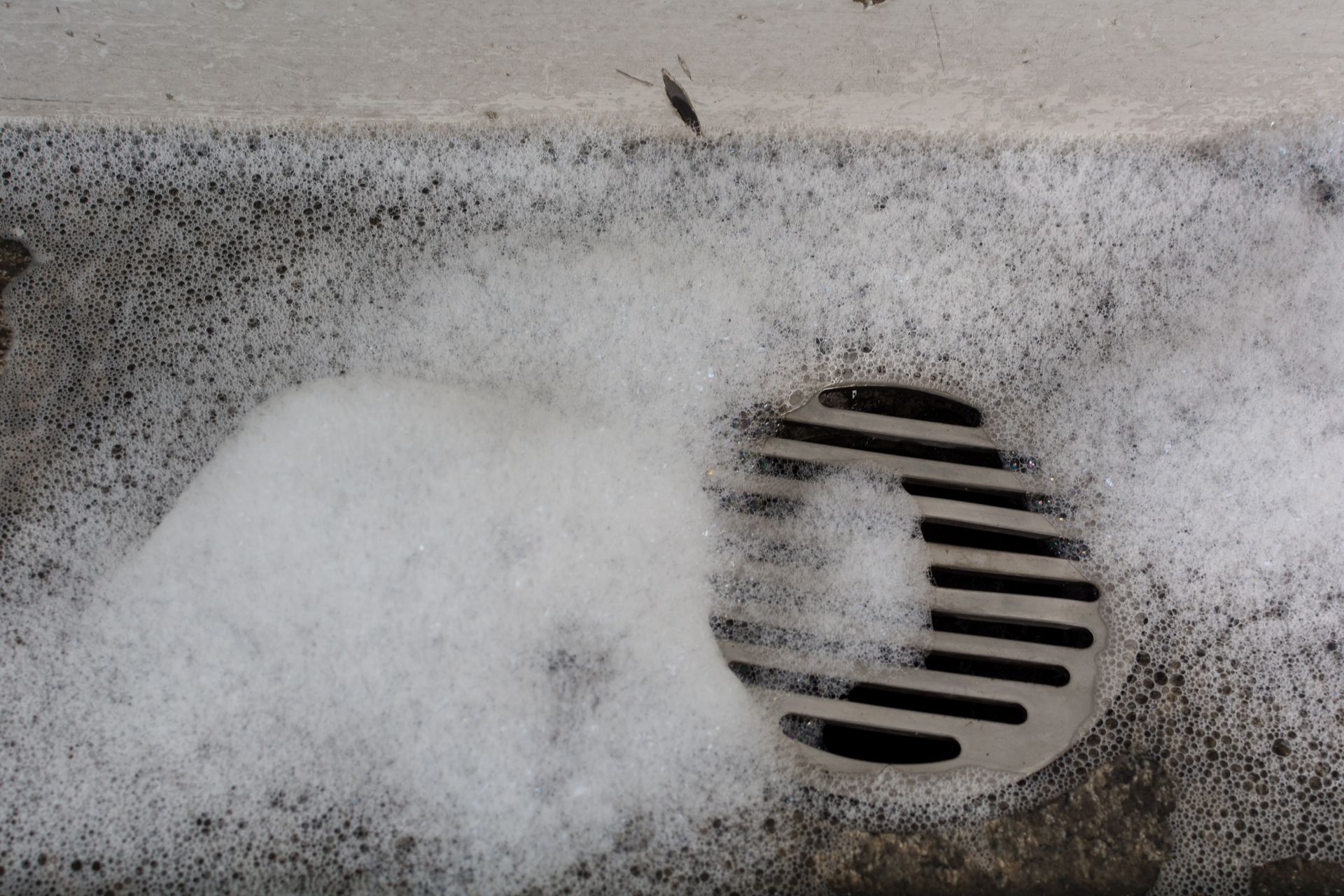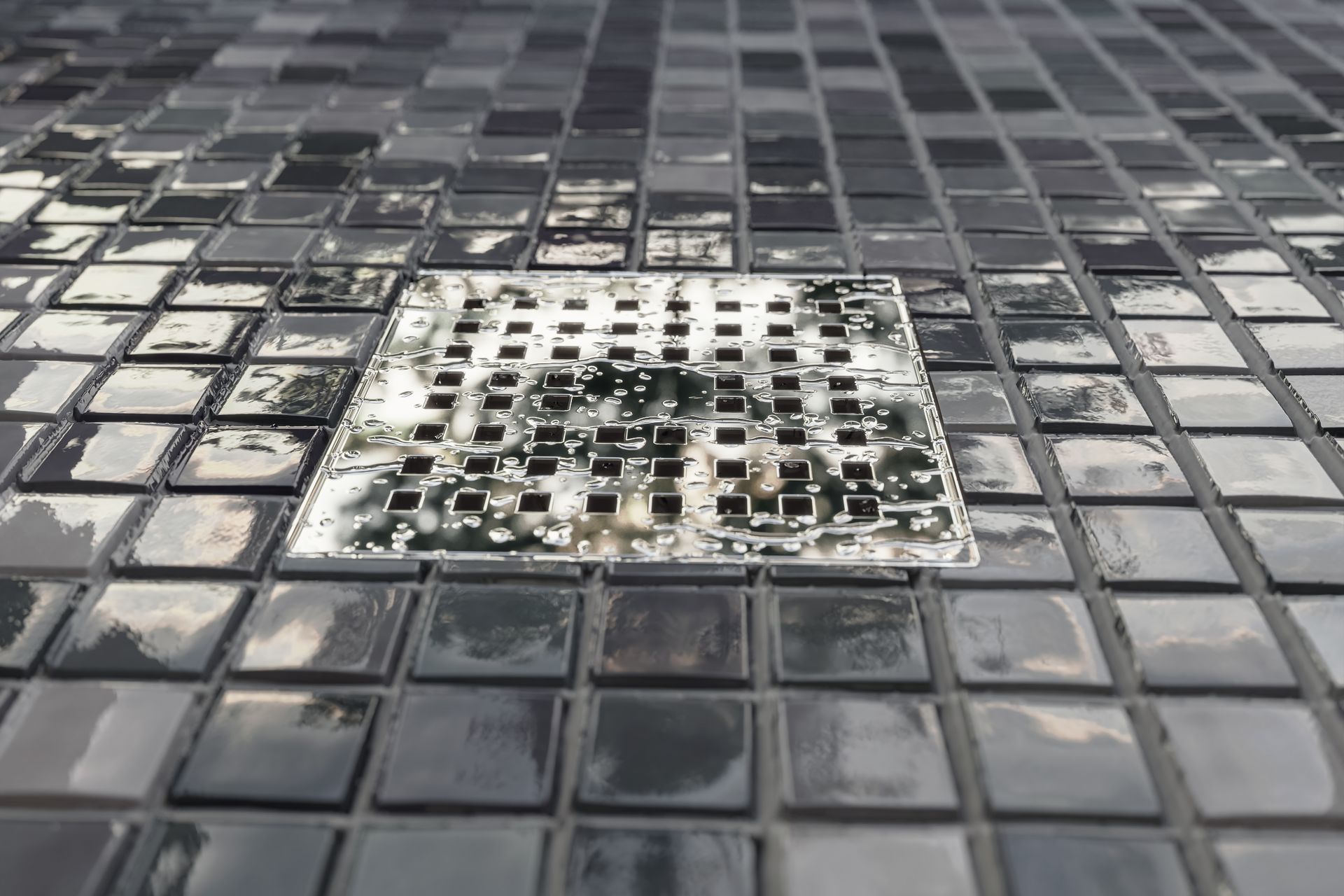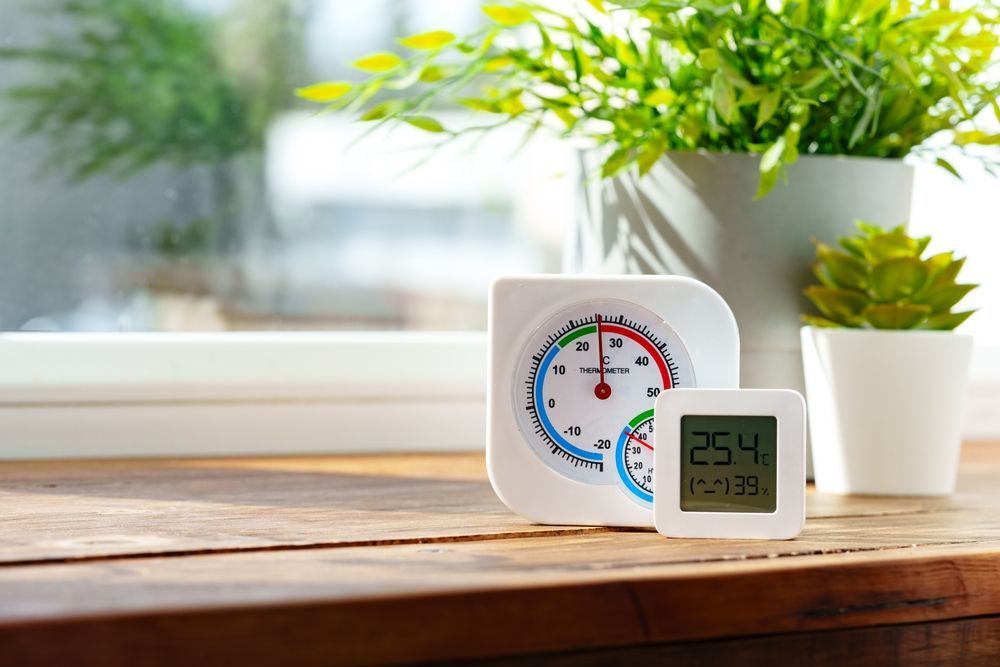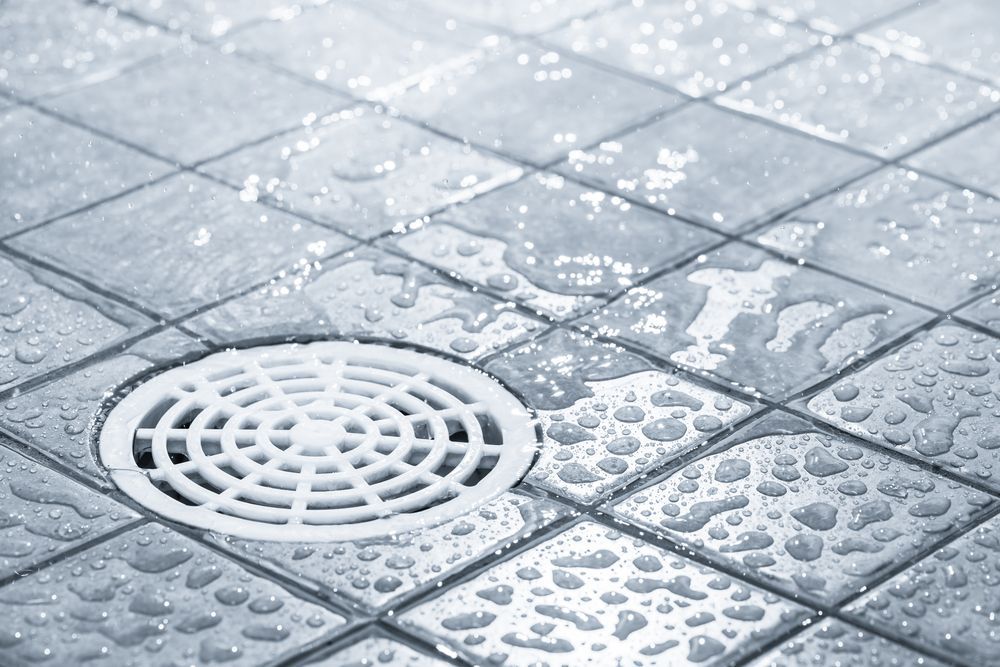The Dangers of Sewage Backup and How to Deal with It
Sewage backup can be a distressing and potentially hazardous problem for homeowners. When the sewer system fails, sewage doesn't flow as it should, resulting in a backup that can lead to significant property damage and pose serious health risks. In this article, we shall delve into the causes, health hazards, signs of sewage backup, the immediate steps to take when a backup occurs, and the importance of professional cleanup services. We'll also discuss preventive measures to apply and how to handle insurance claims, along with community resources and support.
Sewage Backup: Understanding the Risks and Consequences
A sewage backup occurs when wastewater reverses and flows back into your home via toilets, sinks, and drains. This is not an issue to be taken lightly. The water from a sewage backup, often called "black water," is heavily contaminated with numerous harmful substances, including bacteria, viruses, fungi, and parasites. Contact with, or even proximity to, this contaminated water can pose serious health threats.
Common Causes of Sewage Backup: Identifying Potential Culprits in Your Plumbing System
Understanding the causes of sewage backup can help prevent its occurrence. Several factors can contribute to a sewage backup.
Blocked Sewer Lines
One of the most common causes of sewage backup is blocked sewer lines. These blockages often result from improper disposal of fats, oils, grease, and non-flushable items like diapers and wipes.
Tree Root Intrusions
Tree roots can infiltrate sewer lines, causing significant blockages. As roots seek moisture, they can grow into the joints of the sewer pipes, leading to cracks and blockages over time.
Aging Pipes and Corrosion
Older sewer systems can be prone to corrosion and deterioration, leading to leaks or complete pipe collapse. These problems can cause significant backups and may require extensive repairs or even replacement of the sewer lines.
Health Hazards Associated with Sewage Backup: Recognizing the Importance of Prompt Action
Exposure to sewage can lead to many health issues, primarily due to the harmful bacteria and toxins it contains.
Bacterial Contamination
Sewage water is teeming with harmful bacteria such as E. coli and salmonella. These bacteria can cause illnesses ranging from minor skin infections to serious gastrointestinal issues.
Mold and Mildew Growth
The damp conditions a sewage backup creates provide the perfect environment for mold and mildew to thrive. Mold exposure can lead to respiratory problems, allergic reactions, and other health issues.
Respiratory Issues and Allergies
The odors and gasses released by a sewage backup can irritate the respiratory system, potentially exacerbating asthma and allergies
Signs of Sewage Backup: Knowing When to Take Action
Recognizing the early signs of a sewage backup is crucial to mitigate the damage and health risks.
Foul Odors
A strong, unpleasant odor emanating from your drains or fixtures is often a sign of a sewage backup.
Slow Draining Fixtures
If your sinks, bathtubs, or toilets are draining more slowly than usual, this could indicate a blockage in your sewer line.
Water Backup in Drains and Toilets
If you notice water backing up into your drains or toilets or water pooling around the base of your toilets, this is a strong indication of a sewage backup.
Immediate Steps to Take: Mitigating Damage and Ensuring Safety
In the event of a sewage backup, immediate action is crucial to mitigate the damage and ensure the safety of your household.
Turning Off the Water Supply
Firstly, stop using all water fixtures and turn off the main water supply to prevent further wastewater from entering your home's drainage system.
Avoiding Contact with Contaminated Water
Avoid direct contact with sewage water. If you must enter the affected area, wear protective clothing, including rubber gloves and boots, and avoid touching your face.
Calling Professional Help
Contact a professional sewage cleanup service as soon as possible. These experts have the training and equipment to safely clean and disinfect the affected area, reducing the risk of health hazards.
Professional Sewage Cleanup Services: The Importance of Expertise and Equipment
Cleaning up after a sewage backup is not a task for the untrained. It requires professional expertise and specialized equipment to ensure a thorough and safe cleanup.
Emergency Response Teams
Professional sewage cleanup services offer rapid response to emergencies, often available 24/7. They can quickly assess the situation, contain the affected area, and begin cleaning.
Water Extraction and Sanitization
Professionals can efficiently extract the sewage water from your property using powerful pumps and vacuums. They will then thoroughly sanitize the area using industrial-grade disinfectants to kill any remaining bacteria and other harmful substances.
Restoration and Repairs
Once the area is cleaned and sanitized, the restoration process can begin. This may involve repairing or replacing damaged walls, floors, and other structures. Some professional cleanup services also offer mold remediation to prevent future mold growth.
Preventing Sewage Backup: Proactive Measures to Safeguard Your Property
Prevention is always better than cure. Here are some measures to prevent sewage backups in your home.
Regular Plumbing Inspections
Routine inspections of your plumbing system can help identify potential issues before they escalate. This includes checking for blockages, tree root intrusions, and signs of pipe deterioration.
Tree Root Removal
If you have trees near your home, consider having their roots professionally inspected and removed if they pose a risk to your sewer lines.
Installing Backwater Valves
A backwater valve is installed in a sewer line that allows sewage to flow out of your home but prevents it from flowing back in. This can be particularly useful in areas prone to heavy rain and floods.
Dealing with Insurance Claims: Navigating the Process for Coverage and Compensation
If a sewage backup occurs in your home, contact your homeowner's insurance provider immediately. They can guide you through the claims process and help you understand what damages are covered under your policy.
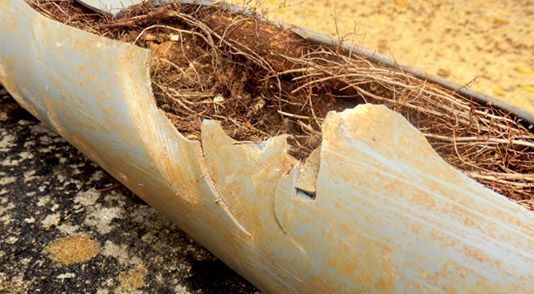
Documenting Damage
Take photographs of the affected area and any damaged items for documentation. This will be useful when filing your insurance claim.
Communicating with Insurance Adjusters
An insurance adjuster will typically visit your property to assess the damage. It is important to communicate effectively with the adjuster and provide all necessary documentation to support your claim.
Understanding Policy Coverage
Not all homeowner's insurance policies cover sewage backup damage. It's important to review your policy and understand what is covered. In some cases, you may need to purchase additional coverage.
Community Resources and Support: Seeking Assistance and Guidance
Your local health department, nonprofit organizations, and support groups can provide valuable resources and assistance after a sewage backup.
Local Health Departments
Your local health department can provide guidelines on properly cleaning up after a sewage backup to minimize health risks. They may also offer resources for testing your home for bacteria and mold after the cleanup.
Nonprofit Organizations
Several nonprofit organizations offer disaster relief services, including cleaning supplies, financial assistance, and volunteer cleanup crews.
Support Groups
Dealing with a sewage backup can be a stressful and emotionally draining experience. Support groups can provide a platform to share your experiences, gain emotional support, and receive practical advice and resources.
Taking Control of Sewage Backup Risks with Buzzell Plumbing
Understanding and addressing the dangers of sewage backup is critical. You can prevent sewage backups and safeguard your property by taking proactive measures. However, if a backup does occur, it's crucial to act promptly and engage professional cleanup services to mitigate health risks and property damage.
At
Buzzell Plumbing, we are committed to helping homeowners in Warner Robins and Macon, GA, tackle sewage backup issues. Our team of experts is available for
24-hour HVAC repair and other services, providing prompt and professional assistance when you need it most. If you're facing a sewage backup issue, please get in touch with us. We're here to help.
